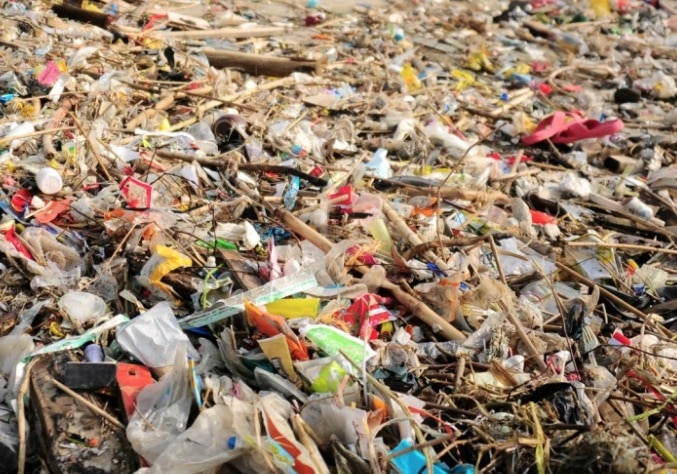Marine plastic waste standards developed by China

China, which is the world’s largest producer and exporter of plastic products, reportedly dumped 200 million cubic meters of waste, much of it plastic, in the ocean in 2018. And now China’s plastics industry is working on standards for classifying marine plastic waste, seeing it as a way to better contain, manage and recycle the materials.
The effort involves several Chinese trade associations, global plastics and consumer products companies, recyclers, and NGOs, and hopes to develop a standard that can be adopted globally, according to Plastics News.
“One of the biggest problems is that there is still no clear definition of marine plastics,” Wang Jun, secretary-general of the China Plastics Sustainable Development Association told Plastics News. “Without a definition of the different types of marine plastic there is no way to deal with it.”
China has been identified in studies by Ocean Conservancy and others as the single largest source of ocean plastics litter. Committee members said they see their work as building on government efforts to clean up the country by collecting and sorting more recyclables domestically and limiting imports of dirty scrap materials.
The committee is basing its work on a proposal from the China Sustainable Plastics Association.
That classification includes separate categories for in-the-ocean plastics, near-shore materials, high-seas plastics like those found in the Great Pacific Garbage Patch, as well as materials on the ocean floor – both close to shore and at sea – and ocean-bound plastics that can be found on beaches or near waterways.
The Chinese marine waste effort includes participation from global plastics suppliers Borouge Pte Ltd. and BASF SE, as well as Starbucks Corp., Coca-Cola Co., Nestle, and Procter & Gamble Co.
The Ellen MacArthur Foundation and Chinese firms Winsun Recycling and Weirun Advanced Materials are also part of it. The group met in late August in an online session.
Read more in Plastics News.










